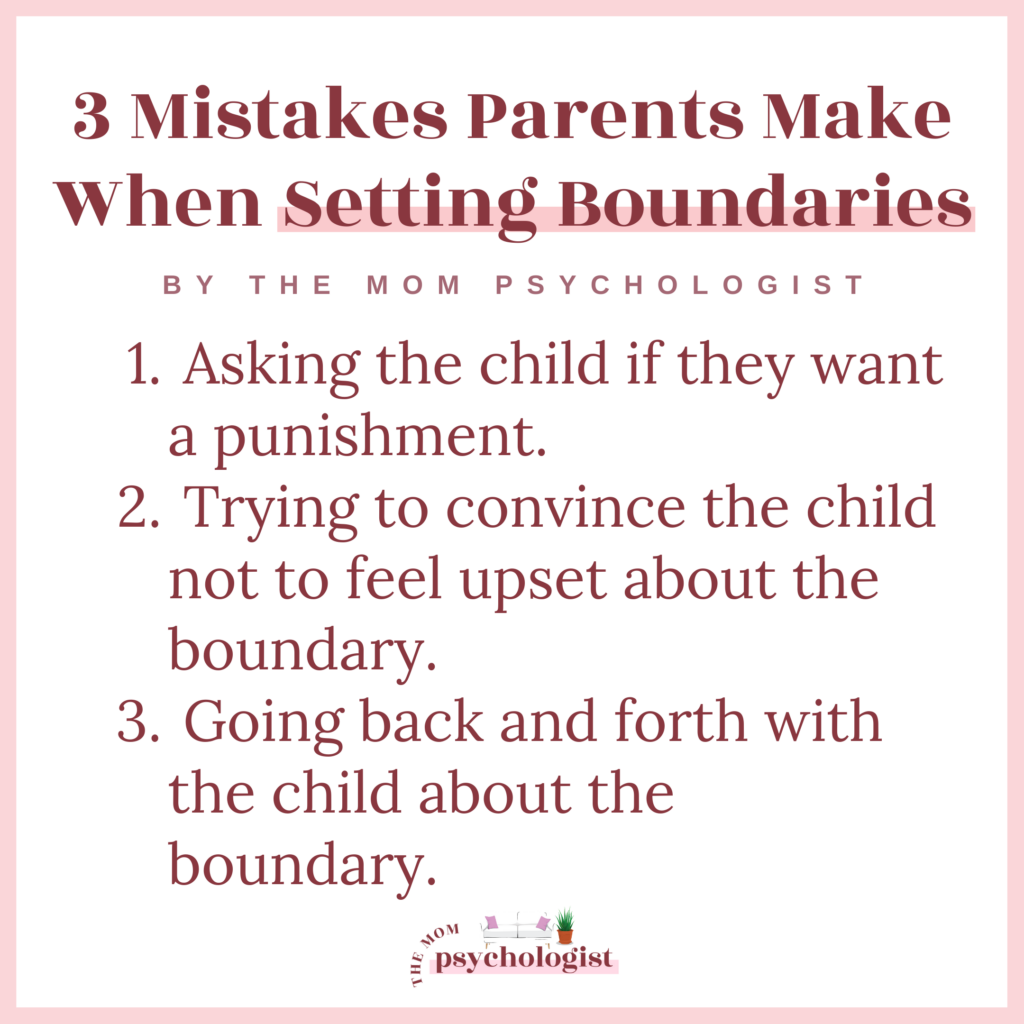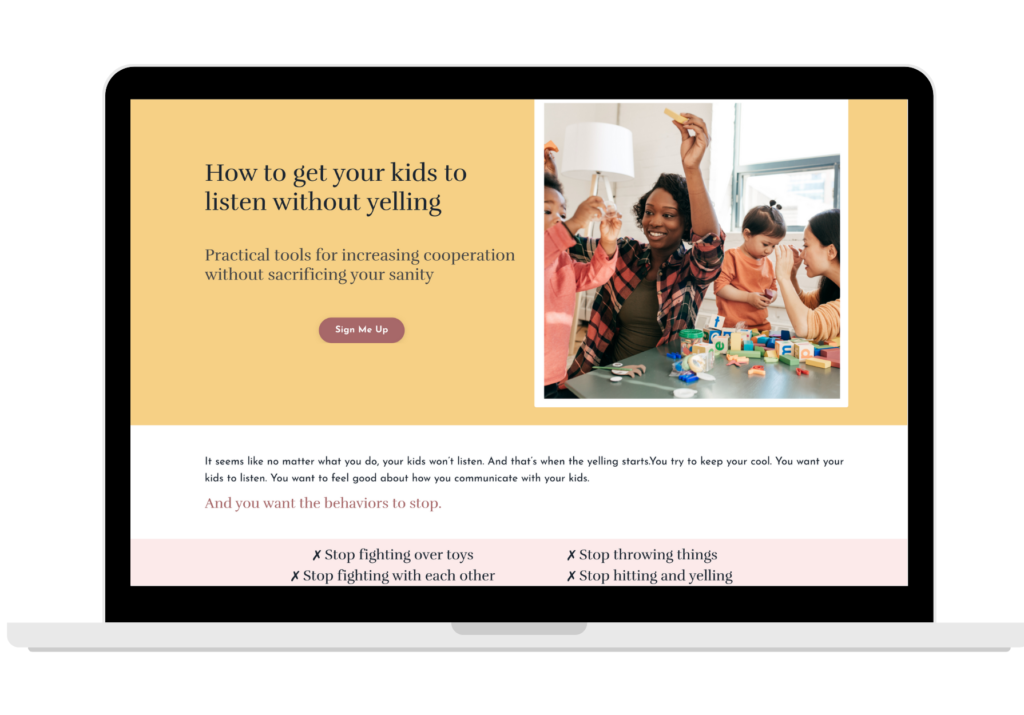watch now!
A place where I discuss all things related to toddlers and motherhood!
Subscribe to my Youtube channel
As a clinical psychologist, published author, and mother to two cheeky young children, I get it. I’ve spent YEARS researching and filtering through the noise online, so you don’t have to.
PARENTING TIPS
POTTY TRAINING
ANTIRACISM
PLAY
Blog Topics
SIBLING RIVALRY
SCREEN TIME
TANTRUMS
DISCIPLINE
Hi I'm Dr. Jazmine
Top 3 Mistakes Parents Make When Setting Boundaries
topics:
Rather listen? Here’s a link to the episode on my podcast.
We know our kids need both LOVE & LIMITS, but what does that sound like in everyday life?
Here’s the Recipe For Healthy Boundaries:
Empathy – Try to see the situation from your child’s eyes. What is THEIR perspective? Identify and communicate this to them (or take time to try to learn it if you don’t know).
Problem Solving – As much as possible, you want to focus on helping your child solve the problem at hand (and eventually empower them to solve their own problems).
Clear, Succinct Language – Children need clear language in as few words as possible.
Follow Through – Say what you mean, and mean what you say. If you say it’s bedtime, it’s bedtime.

I know setting boundaries isn’t easy especially when we’re trying to manage alllll the things and our kids are losing it! So here’s a quick reminder of mistakes we can easily make in the heat of the moment (& what to try instead).
1. Asking if they want a punishment vs. implementing a boundary.
Let’s be real – it’s triggering when we feel like our kids aren’t cooperating with us or violating our boundaries.
But asking, “Do you want a time out? Do you want to lose TV time today?” isn’t moving the needle forward (it actually pushes us back).
Instead, focus on what you need your child to DO or give them clear choices of what they CAN do instead.
Clear choices/options sound like:
- Need attention- “I can’t play right now. You can either join me in doing the dishes or wait until I’m done.”
- Running in the house – “Baby is sleeping so I need you to play quietly. You can either play that game outside or play another game.”
- Whining for a snack before dinner – “I know you’re hungry and this food smells yummy. You can either have a taste of what I’m cutting up or wait until dinner is ready.”
These don’t necessarily need to be *your* boundaries. The point is to illustrate two clear options.
2. Trying to convince them not to feel upset about the boundaries.
It’s often helpful to remember what we do and don’t have control over as parents.
In this case, we have control over the boundaries we set and the overall language and approach we take when setting boundaries… and our kids control their emotional reaction to the boundaries.
Trying to control our child’s reaction to boundaries leads to power struggles.

3. Going back and forth with them about the boundary.
As much as they try to convince us otherwise, kids want us to take the lead. It’s actually a scary place for a child to feel like they run the show.
Of course there’s always room to change our minds, compromise, and be flexible but if we’re constantly going back and forth about our boundaries, it can convey to our kids that we’re confused & unsure of ourselves.
We won’t be perfect at this but when you notice a pattern, take time to step back & thoughtfully consider your boundaries so that you can clearly convey them to your child in the heat of the moment.
Why is this boundary important to me?
How can I convey it clearly and in as few words as possible?
What will I do (i.e., consequence/action) if my child doesn’t respect my boundaries?
Want to feel calmer and more connected with your child?
Watch my free discipline workshop for practical tools for increasing your child’s cooperation without having to resort to all the things you hate like yelling, threatening and punishing!

You’ll learn:
- How to stop the cycle of constantly having to yell when you need your child to stop doing negative behavior.
- How to help calm your child’s intense feelings (like anger and sadness) and teach them healthy social and emotional skills so they thrive in *all* settings.
- Step by step guide to better cooperation & connection using my research-based framework.
What’s your biggest challenge when it comes to discipline? Let me know down in the comments so we can continue this conversation!
Was this helpful? Save it for later!

Leave a Reply Cancel reply
Copyright The Mom Psychologist® 2025
grab my free script pack!
explore
work with me
information
About
Blog
YouTube
Podcast
Privacy Policy
Terms of Use
Product Disclaimer
Contact
TMP Times (Newsletter)
Hello,
Thank you for this site and the parenting information I can share with our parents.
I am a School Counselor and am looking for something on teaching respect to your child.
We are having trouble with respect, self control and proper problem solving with our friends. Do you have anything I can share with our parents on Respect?
Thanks so much for your help!
C